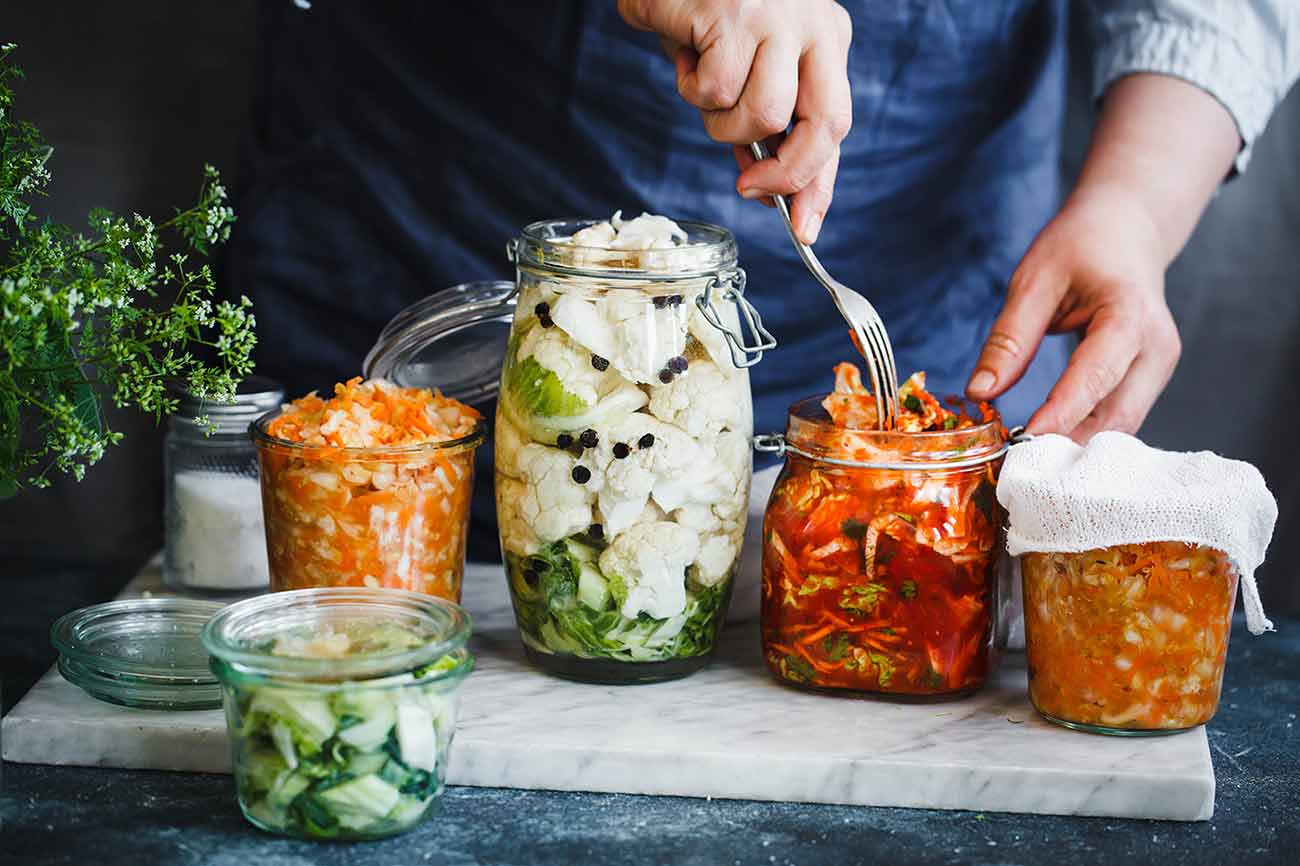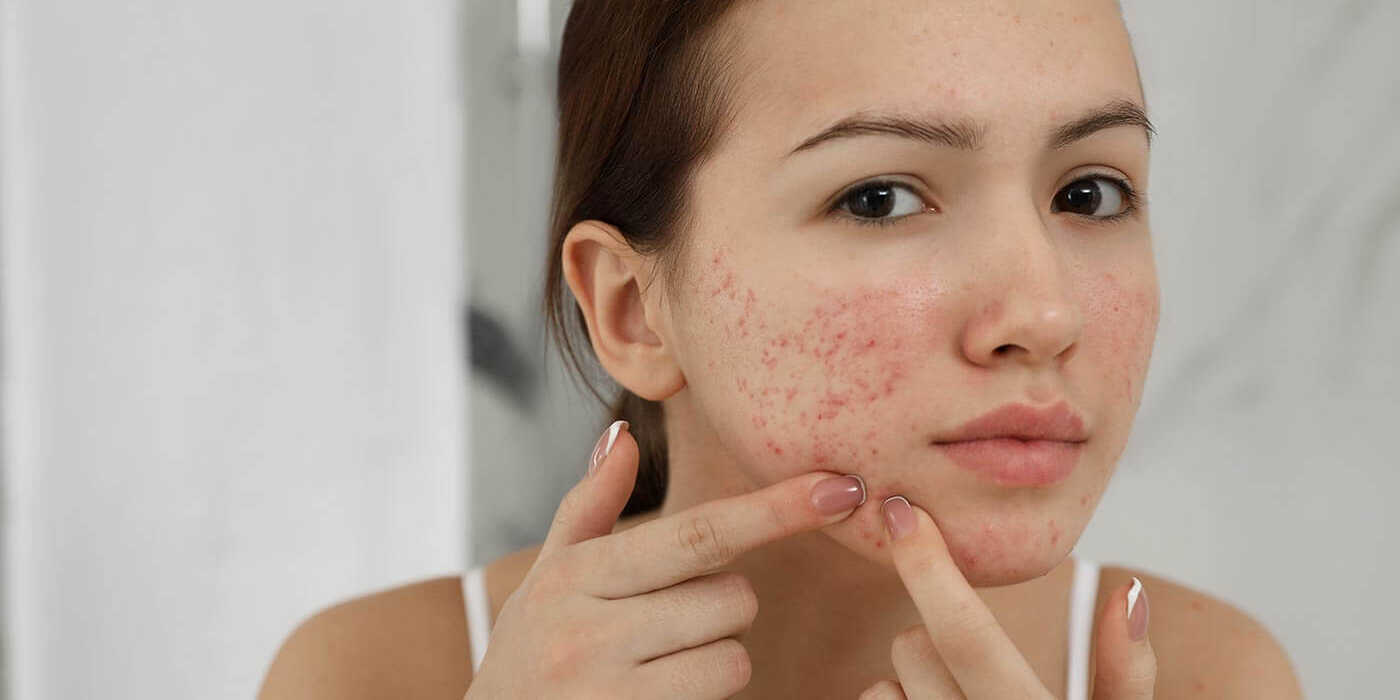For years, many people viewed and treated their skin and digestive systems as separate entities. The link between skin health and a healthy gut had never been explored.
Only recently have dermatologists been studying the connection between healthy skin and the gut — and, more specifically, the correlations between acne and gut health.
With more and more studies showing the connection between gut health and acne, we’re here to help clients understand this link and the steps to take to improve gut health, both for its own sake, and for clearer skin.
The Connection Between Gut Health and Acne
Over two decades ago, researchers first began studying the link between gut health and acne, and the results were surprising. Researchers found that 54% of people in the study with acne also had an imbalance in their gut bacteria.
This research was perhaps the first time a connection between hormonal acne and gut health was explored. Only recently, after studying this link in more detail has concrete evidence for a correlation been established.
In 2021, a review published in the journal Clinics in Dermatology explored the gut-skin axis. Essentially, this report found that the skin and the gut are constantly exchanging signals and are part of a larger network that’s regulated by the activity of gut microbes.
Clearly, there is a connection between skin and gut health.
What is Gut Microbiome?
To further understand this correlation, it’s important to know the role gut microbiome plays in our overall health and wellness. According to the Cleveland Clinic, the gut microbiome consists of the microbes and their genetic material found in our gastrointestinal tract. These trillions of microbes are comprised of bacteria, fungi, yeast, and viruses and are always changing depending on what we eat and drink.
Having a healthy gut microbiome is extremely important because having a healthy gut with good bacteria can help ward off diseases, improve mental health, and even contribute to a clear complexion.
Can Bad Gut Health Cause Acne?
Since gut health is linked to the immune system, it’s no wonder gut health can contribute to acne and other inflammatory skin conditions.
The experts at Live Science explain that when the gut microbiome is out of balance, the cells are not working properly to stop pro-inflammatory molecules from escaping. This allows them to enter the bloodstream and trigger inflammation that can cause flares or adult acne, rosacea, eczema, and more.
Similarly, foods can contribute to breakouts. For instance, eating a lot of refined carbohydrates, saturated fats, and added sugar can all increase sebum production. This can make the face feel greasy and clog pores, leading to cystic acne.
How Can I Improve My Gut Health for Acne?

- Diversify the Diet: Unfortunately, the Western Diet we are used to isn’t very diverse and is often high in carbs and sugar. To balance gut health, it’s important to eat a varied diet. Incorporate more whole vegetables, legumes, beans, and fruit into the diet that are high in fiber.
- Try Fermented Foods / Probiotics: Probiotics are found in fermented foods and are great for reducing inflammation. The kombucha, kimchi, natto, sauerkraut, tempeh, miso, and yogurt in the supermarket really are good for the gut! These foods are rich in good bacteria that can help gut balance.
- Incorporate More Prebiotics / Fiber: Adding these supplements, such as psyllium fiber, to a daily routine can help support a healthy gut microbiome. Prebiotics such as whole grains, bananas, greens, onions, garlic, and soybeans can help the good bacteria in the gut to multiply. ‘
Best Acne-Fighting Foods
What is put into the body can have a major effect on the gut and, therefore, the skin. Here are a handful of foods and beverages that are great for the gut and the complexion:
- Apple
- Almonds
- Artichokes
- Bananas
- Blueberries
- Beans
- Broccoli
- Chickpeas
- Green Peas
- Kefir
- Kimchi
- Kombucha
- Lentis
- Onions
- Raspberries
- Sauerkraut
- Whole Grains
- Non-dairy Yogurt







